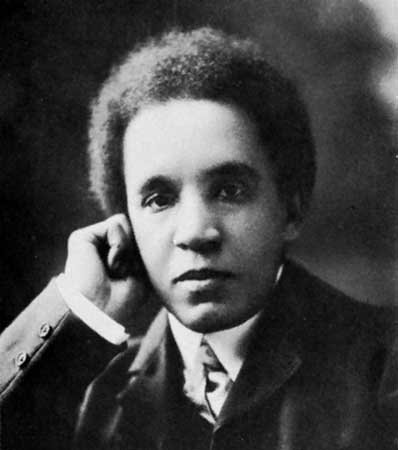
Biography
Samuel Coleridge-Taylor was an English composer and conductor of mixed heritage, referred to by New York musicians as the “African Mahler”. He was also the father of composer Avril Coleridge-Taylor. Samuel grew up in Croydon and initially learnt the violin with his grandfather. Aged 15, he began studying at the Royal College of Music, where he switched from violin to composition and was taught by Charles Villiers Stanford. Other mentors included August Jaeger (Novello Publishing) and Edward Elgar, who proclaimed that Samuel was a “genius”. Whilst touring the United States in the early 1900s, Samuel became interested in his racial heritage and served as the youngest delegate at the 1900 first Pan-African Conference in London; where he met poet Paul Laurence Dunbar and W. E. B. Du Bois. In 1904, he was received by President Theodore Roosevelt at the White House (a rarity for a person of African descent at the time) and his music was widely performed and supported by African Americans. In the same way that Johannes Brahms integrated Hungarian traditions into classical music, Samuel wanted to draw from traditional Africa music and integrate these musics into the classical tradition.
